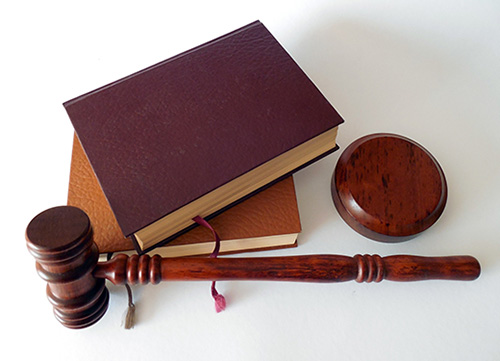 People rely on the professionals they hire to help them face some of the most challenging and difficult times in their lives. Attorneys, as licensed professionals, have strict standards of competence and conduct that govern their performance in the work that they undertake on behalf of their clients. Attorneys have a duty to use “reasonable care” in representing their clients’ interests. They must practice professionally, ethically, and in accordance with all legal standards. But what happens when something goes wrong?
People rely on the professionals they hire to help them face some of the most challenging and difficult times in their lives. Attorneys, as licensed professionals, have strict standards of competence and conduct that govern their performance in the work that they undertake on behalf of their clients. Attorneys have a duty to use “reasonable care” in representing their clients’ interests. They must practice professionally, ethically, and in accordance with all legal standards. But what happens when something goes wrong?
Your Right to Professional and Ethical Standard of Care for Legal Services
If your attorney has not followed this standard of care, you may be entitled to recover damages to compensate for the attorneys’ negligence, breach of contract, or breach of fiduciary responsibility. This is what is commonly referred to as legal malpractice.
Choose Chandler Law to help you understand your options, calculate the potential cost of litigation, determine the likelihood of a successful outcome, and then to aggressively represent your best interests. Founder Douglas Chandler is Board Certified by the American Board of Professional Liability Attorneys (ABPLA) as a legal malpractice specialist.
Components of a Legal Malpractice Lawsuit
Legal malpractice claims may arise during any type of legal representation. Some common events include the failure of an attorney to:
- Meet statutes of limitations or other litigation-related deadlines
- Properly follow court orders related to their client’s case
- Thoroughly prepare a case by investigating the facts at issue or researching the legal questions involved
- Promptly and effectively communicate offers of settlement
This is not an all-inclusive list. Please contact Chandler Law to help you determine whether or not your particular event may qualify as legal malpractice.
Generally, you need to show three things in a successful legal malpractice lawsuit:
- An attorney-client relationship or a good faith basis for relying on the attorney
- The failure of the attorney to exercise ordinary care, skill and diligence
- Damages (loss of money, property, health, etc) caused by the attorney’s failure, not some other factor
If you can show 1 and 2 above but there are no damages, you probably will not have a case.
Breach of Fiduciary Duty
The relationship between you and your attorney is based on an expectation of trust, which is also known as fiduciary duty. Under this duty, your attorney owes you undivided loyalty, candor and good faith, placing your interests above all others, and avoiding conflicts of interest. Other than earning a fee for work performed on your behalf, your attorney is forbidden from personally benefiting from that position of trust.
If your attorney violates this duty, you can sue claiming breach of fiduciary duty. This may be in addition to a claim of legal malpractice, or another type of individual claim. Contact Chandler Law to understand all of your options and determine your best course(s) of action.
